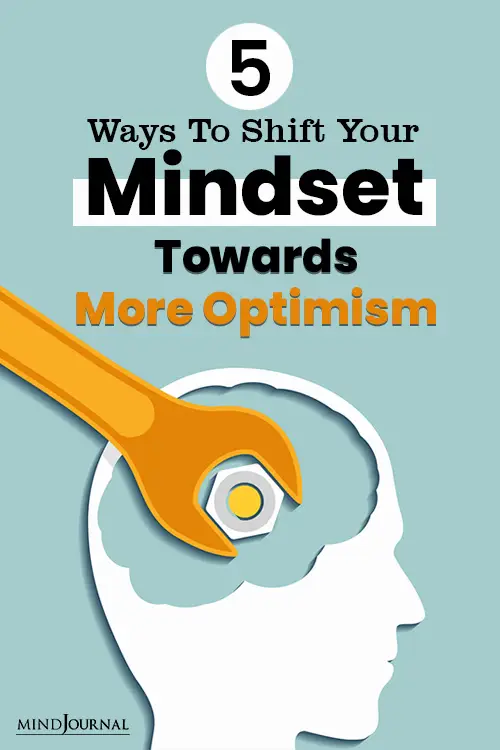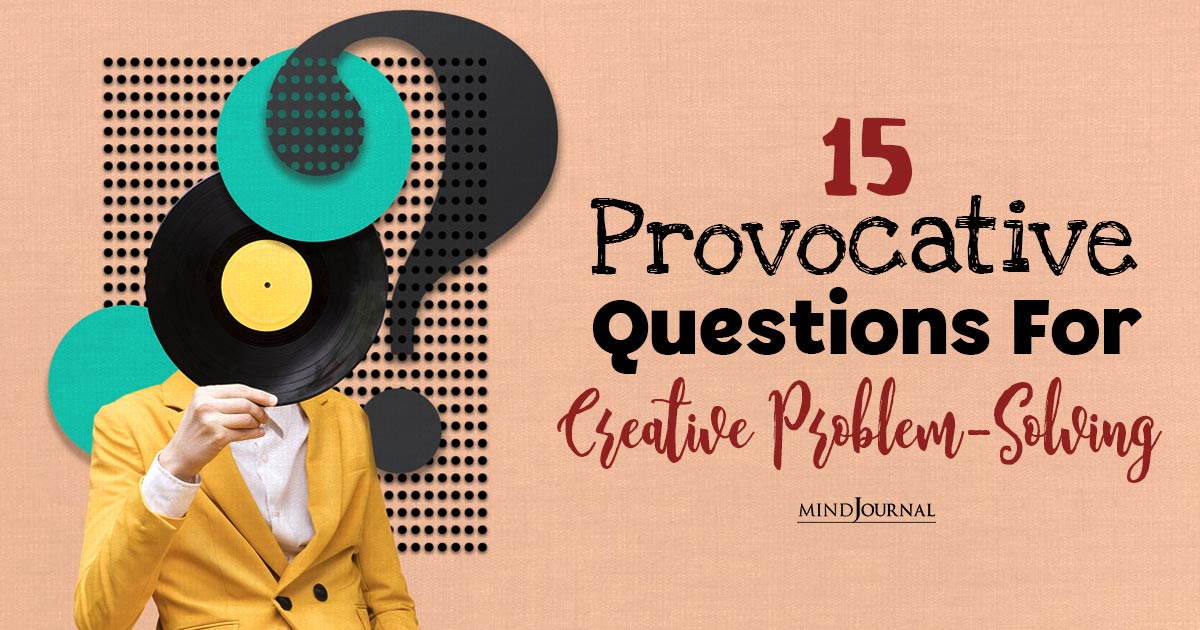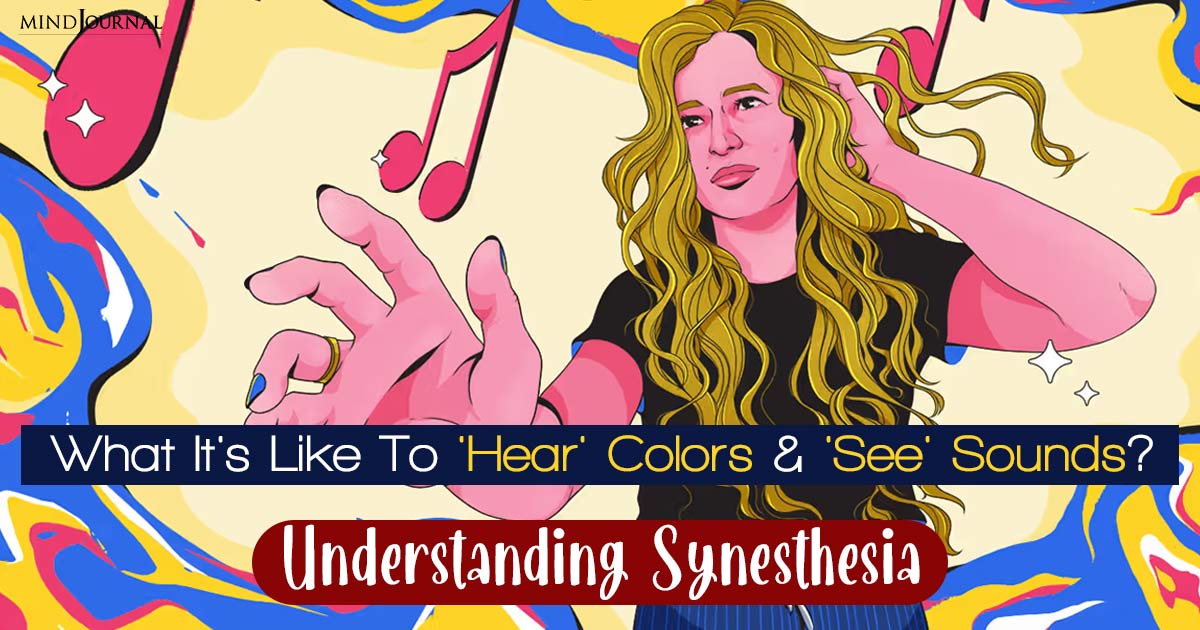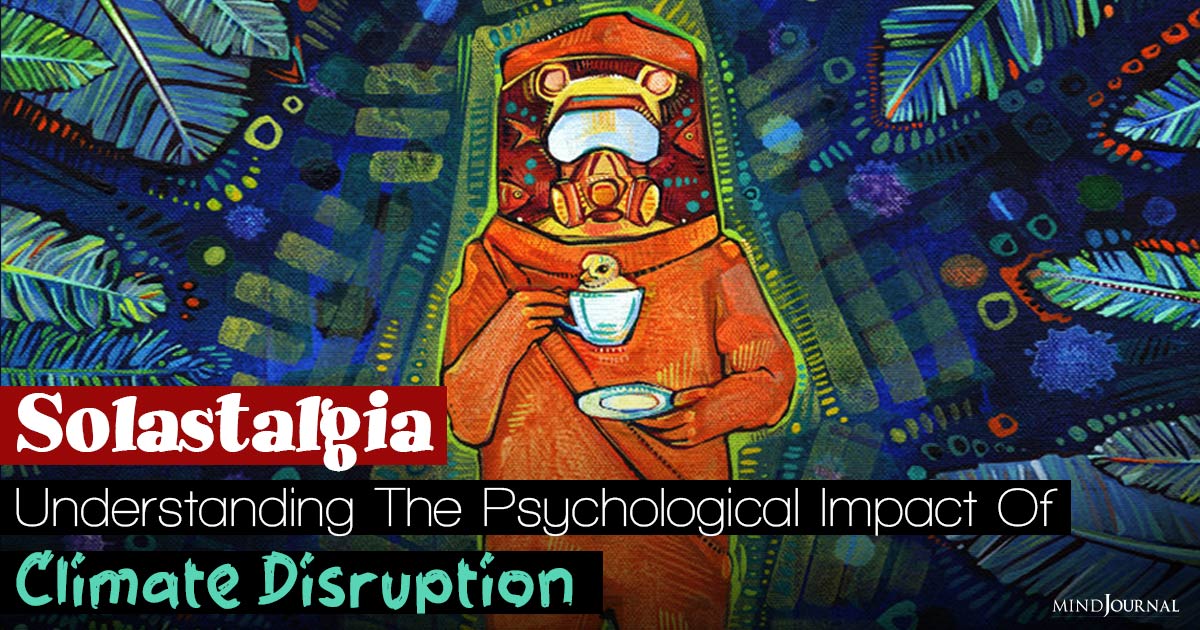It actually takes a lot of effort to shift our mindset towards optimism and positive thinking. There can be many times where we can see different negative phases of life, and it’s much easier to succumb to those negative thoughts and feelings than to have a positive outlook in those situations.
We can shift our mindset toward more optimism and happiness. Read on to know five research-based strategies for doing that.
When I was in my early twenties, my boyfriend, Bart, and I were driving on a freeway near downtown Atlanta when we got a flat tire. I immediately panicked—this was long before everyone had cell phones. I worried we would be stranded for hours, that I’d have to either walk alone and get help or stay alone with the car, that our whole day would be ruined by this car trouble.
As Bart pulled to the side of the road, I shared my numerous concerns. He looked questioningly at me and said, “I’m just going to change the tire—it will take a couple of minutes.” He changed the tire, and we were soon on our way.
This story illustrates an important principle: Some people find it easier to adopt a positive attitude than others, which influences how they respond to life’s setbacks. While I saw the flat tire as a major problem, my boyfriend saw it as a minor inconvenience. His more positive mindset kept him calm and allowed him to take appropriate action. My more pessimistic outlook simply led me to suffer and feel helpless.
This difference in how we perceive and respond to events and challenges in our lives matters for our happiness and health. When we shift our mindset towards more optimism, we are better able to buffer the effects of common daily life stressors and still feel happy.
And, as one study found, optimism is healthy for us: People ages 40 to 90 tended to live longer if they were more optimistic—even taking into account other factors, like their diet, smoking and alcohol use, depression, and health conditions.
But here’s the good news for those of us who have trouble finding the silver lining: Our mindsets can change. We can shift our attitude in a more optimistic direction, no matter our natural inclination, with time, energy, and effort.
Here Are Five Research-Based Strategies For Doing That.
1. Reframe Stressors
Stress is unavoidable. We all experience daily hassles—like long lines, irritating coworkers, and endless to-do lists. While we can’t eliminate all stress, we can choose how we think about the challenges we face and adopt a new, more positive mindset around them.
Of course, some optimistic people seem to do this naturally. (Lucky them!) They go through life easily seeing the positive in irritations and bad events, which helps protect their mood. If positive reframing doesn’t come naturally to you, start by trying to focus on what’s good about your daily life stressors instead of what’s bad about them. For example, if you’re stuck in a traffic jam, take time to look out the window at nature and focus on its beauty.
Here are some examples of how you might transform a setback into something positive:
- Stuck in an airport? Consider it unexpected free time to call a friend or read a good book.
- Passed over for a promotion? This could mean it’s the perfect time to polish your resume or explore other—perhaps even more fulfilling—career options.
- No plans on New Year’s Eve? Fully embrace cozying up in front of the TV and watching the festivities in comfort, or maybe appreciate getting an early start on that New Year’s resolution to clean out your overflowing closet.
We can’t control what life throws at us, but we can all practice reframing difficult events as challenges to be mitigated, rather than calamities.
Related: Which Stressors Put You Over The Edge Based On Your Personality Type
2. Practice Self-Compassion
Some people have a tendency to beat themselves up when things don’t go their way—which, not surprisingly, doesn’t make them feel better. To shift our mindset towards more optimism and happiness, we can simply give ourselves a break and treat ourselves with kindness, the same way we’d treat a close friend who’s having a hard time.
People who practice self-compassion are less likely to blame themselves when bad things happen, which works in their favor: They are less anxious and depressed and overall feel happier and more optimistic about the future.
For example, first-year college students who have more self-compassion during this difficult life transition are more engaged and motivated in college life—perhaps because they feel better able to handle the challenges college presents and more connected to other people in their lives.
So, when bad things happen, cut yourself some slack. Forgive yourself, be kind to yourself, and treat yourself with care and compassion.
Related: 12 Tips To Self-Love And Compassion
3. Let It Go

Besides blaming themselves for setbacks, people can also fall into the trap of ruminating on bad events long after they’re over. Rather than accepting what’s happened and moving on, they get stuck in their negative feelings—then, to make matters worse, they beat themselves up for feeling bad!
People who criticize themselves for having negative thoughts and feelings have higher levels of depression and anxiety, and lower levels of psychological well-being and life satisfaction. That’s because when you blame yourself for your feelings, it creates a vicious cycle, where ruminating leads to bad feelings which lead to more ruminating.
If you find yourself ruminating about a fight with a friend, a difficult situation at work, or the current state of American politics, try a new approach: Identify and stop resisting these negative thoughts and feelings.
For example, you might think, “I’m feeling lonely,” or “My job isn’t going well,” or “I’m frustrated right now by our government.” Naming and accepting your negative emotions and thoughts will help keep you from holding onto them so tightly and will clear the way for a more positive attitude and response. So, practice letting it go to shift your mind towards more optimism.
4. Avoid Comparisons And Practice Gratitude Instead
There’s a great poem by Kurt Vonnegut about his conversation with author Joseph Heller during a party hosted by a billionaire. When Vonnegut asks Heller how he feels knowing that this billionaire makes more money in a single day than Heller will ever earn from sales of his novel Catch-22, Heller responds that he has something that the billionaire will never have: the knowledge that he’s got enough.
This poem vividly illustrates what research corroborates: Happy people don’t need to engage in social comparisons. Instead, they practice gratitude for what they have—a good way to increase optimism and well-being.
While people vary considerably in how much they engage in social comparison, those of us with a more negative mindset find it hard to avoid, particularly on social media. Most people post only the good parts of their lives—successful kids, fabulous vacations, impressive careers—which can lead us to believe that our own lives don’t measure up.
This may be why college students believe that they experience more negative events (e.g., bad grades) and fewer positive events (e.g., fun parties) than their peers, which makes them lonely and dissatisfied with life. In contrast, college students encouraged to practice gratitude by counting their blessings tend to be happier than their peers.
If you find yourself in a comparison trap, try quitting your social media habit, or at least shifting how you think about the overly positive portrayals you find there. Instead of feeling sad about how your life doesn’t measure up, focus on the very real things that are good in your life—e.g., my kid’s not going to be valedictorian, but he’s got a great group of friends; my family’s not spending two weeks in Tahiti, but we really enjoy our summer on the Jersey Shore.
Related: How Smartphones and Social Comparison are Making Us Unhappy?
5. Find Some (Any) Humor
In virtually any situation, it is possible to find some humor, and making an effort to do so can help you shift a mindset towards optimism later on. I remember when my high school freshman son Andrew received a failing grade—a 58—in his first trimester of Spanish. Although it worried me, he was able to find the humor in it, insisting that it wasn’t an F; it was an F+!
And Andrew’s optimistic interpretation actually paid off: At his high school graduation, he received the award for “most improved,” and, ironically, he’s now a college junior majoring in Spanish!
Finding humor helps people cope with the small irritations of daily life, but it is particularly important in coping with serious life circumstances. For example, people with fibromyalgia (a debilitating and chronic condition marked by widespread bodily pain) who relied on smiling and laughter to deal with small daily life stressors—such as a waiter spilling water on you—reported lower levels of psychological distress and fewer physical symptoms.
This ability to take things in stride reduces stress and its negative effects on physical and psychological well-being.
So, the next time you are in a dark or trying situation, try humor. Remind yourself that this situation will probably make for a good story later, and try to crack a joke about it. Say you’re laid off; imagine the most absurd way you could spend your last day or the most ridiculous job you could pursue next—like kangaroo handler or bubblegum sculptor. Allowing yourself to experience humor can take the edge off.
I’ve used these strategies to boost optimism in my own life, and even though my natural inclination is clearly not to see the silver lining, I find it easier all the time to shift my thinking in ways that do make me happier. Adopting this type of optimistic worldview has taken me time, energy, and effort, but it has really paid off. This shift towards more optimism has helped me feel happier.
If this type of positive mindset doesn’t come naturally to you, don’t despair. Try to find someone who can help you cultivate this skill by being a role model. Remember that boyfriend of mine who miraculously changed the tire? He’s now my husband.
Learn Simple Strategies for Feeling Happier by Shifting Your Mindset.
Written By: CATHERINE A. SANDERSON . This article originally appeared on Greater Good, the online magazine of the Greater Good Science Center at UC Berkeley."










Leave a Reply
You must be logged in to post a comment.